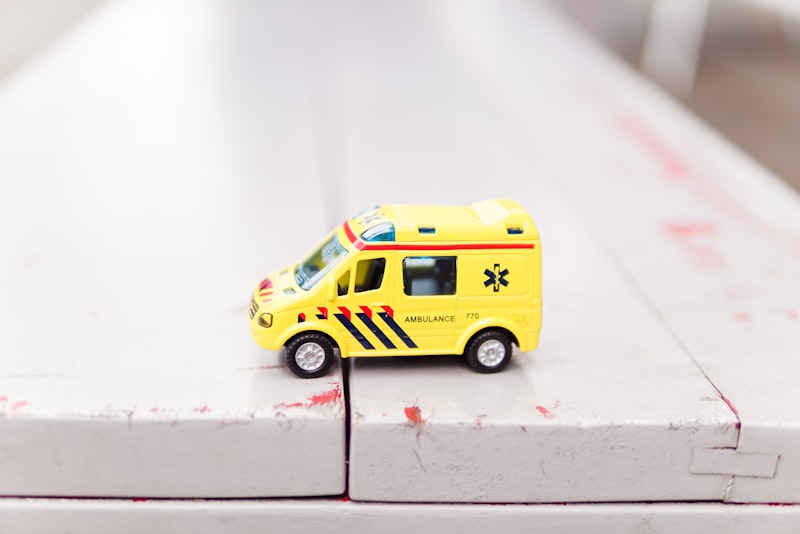What Are the Signs of Dehydration?
First off, dry mouth and sticky saliva are red flags. Imagine your mouth like a sponge—when it’s dry and sticking together, it’s a clear indication that your body needs more water. Another sign is dark-colored urine. If you notice that your pee looks more like apple juice than lemonade, it’s time to hydrate. Urine should ideally be light yellow; anything darker can signal dehydration.
But wait, there’s more! Dehydration often shows up as a headache or dizziness. Picture your brain as a sponge that needs soaking; without enough water, it starts to shrivel up, causing those pesky headaches. If you’re feeling lightheaded or dizzy, it’s a big hint that your fluid levels are running low.
In addition, check your skin’s elasticity. Pinch the skin on the back of your hand and see if it snaps back quickly. If it remains tented, your body could be signaling that it’s dehydrated. Also, don’t overlook tiredness and fatigue. When you’re low on fluids, your energy dips and you might find yourself feeling unusually sluggish or sleepy.
So, if you’re experiencing any of these signs, your body is probably waving a red flag. Just remember, staying hydrated is as simple as keeping a water bottle handy and sipping regularly throughout the day.
Unveiling Dehydration: 10 Subtle Signs You Might Be Overlooking
First off, have you noticed your skin’s elasticity isn’t what it used to be? When you pinch your skin and it takes longer to bounce back, that’s a red flag. Or maybe your lips are chapped despite slathering on lip balm. Dry, cracked lips are a classic, yet often overlooked, symptom.
Another sign is your urine. If it’s darker than a pale yellow, your body might be calling out for more hydration. Frequent headaches can also hint at dehydration. When your brain loses water, it can actually pull away from your skull, causing pain.

Even your mood can be a clue. Irritability or lack of focus can sometimes be traced back to not drinking enough fluids. Are you finding it hard to concentrate? Dehydration can mess with cognitive functions.
And don’t ignore that dry throat. A scratchy, parched feeling is a clear signal. Lastly, if you’re experiencing muscle cramps, it could be your body’s way of begging for more water and electrolytes.
So, next time you’re feeling off, take a moment to check if you’re hydrated. Sometimes, the simplest solutions are the ones we overlook.
Feeling Thirsty? 7 Key Indicators You’re Dehydrated and What to Do About It
First up, if your mouth feels like the Sahara Desert, it’s a major red flag. A dry, sticky feeling is a clear indicator that you need to hydrate. Next, if you’re feeling unusually tired or dizzy, your body might be running on empty. Think of your energy like a smartphone battery; if it’s low, it’s time to recharge.
Another sign is dark yellow urine. If your pee looks more like apple juice than lemonade, it’s time to drink up. And don’t overlook headaches. If your noggin is pounding, dehydration might be the culprit. It’s like your brain’s way of saying, “Help me out here!”
Cracked lips and dry skin are also telltale signs. If your skin is feeling tight and your lips are chapped, you might need more fluids. Feeling unusually hungry? Sometimes, thirst can masquerade as hunger, so sip some water before reaching for snacks.
Finally, if you’re feeling irritable or out of sorts, dehydration could be the reason behind your mood swings. To combat these signs, start by increasing your water intake. Carry a reusable water bottle with you and sip regularly throughout the day. For a quick fix, drink a glass of water with each meal. If you’re sweating a lot, like after a workout, consider adding an electrolyte-rich drink to your routine.
From Dull Skin to Dizziness: How to Spot the Early Signs of Dehydration

But it doesn’t stop at your skin. Dizziness is another red flag. Ever stood up too quickly and felt a bit lightheaded? That could be your body’s cry for hydration. When you’re dehydrated, your blood volume decreases, which can lead to a drop in blood pressure and make you feel dizzy. It’s like your body is running on a low battery.
Other signs to watch out for include a dry mouth and dark-colored urine. If your mouth feels like the Sahara Desert or your pee looks more like apple juice than lemonade, it’s a strong indicator you’re not drinking enough fluids. Think of it this way: your urine should be as clear as a mountain stream, not murky like a muddy puddle.
By staying vigilant about these early signs, you can tackle dehydration before it becomes a bigger issue. Keep a water bottle handy, and remember to sip throughout the day. Your body—and your skin—will thank you.
The Hidden Signals of Dehydration: Are You Ignoring These Warning Signs?
First off, ever notice that your skin feels a little less bouncy? When you’re dehydrated, your skin can lose its elasticity, making it look and feel dry. It’s like your skin’s natural glow is being dialed down.
Another sneaky sign is fatigue. Feeling unusually tired even though you’ve had a full night’s sleep? Dehydration can lead to tiredness and low energy, as your body struggles to maintain normal functions without adequate hydration. It’s akin to trying to run a car on an empty tank—eventually, you’re going to stall.
Headaches are also a common signal. A headache can be your body’s way of telling you it’s parched. When you’re dehydrated, your brain temporarily contracts and pulls away from the skull, causing that annoying throbbing pain. It’s your body’s version of sending a “low fuel” warning.
Don’t forget about the color of your urine. If it’s darker than usual, that’s a big red flag. Urine should ideally be pale yellow. A darker shade can mean your body is conserving water and not flushing out toxins as it should. Think of it as your body’s way of giving you a nudge that it needs more hydration.
Paying attention to these hidden signals can help you stay hydrated and feeling your best. It’s like tuning into a frequency where your body’s needs are broadcasted loud and clear.
